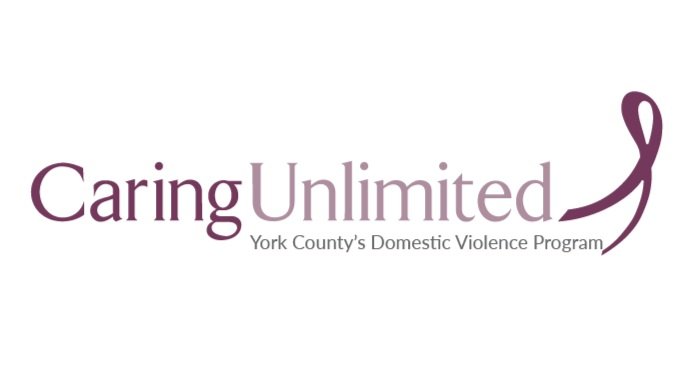Communities Have a Responsibility to Take Action to End Domestic Violence
By Emily Gormley, Special to the Portland Press Herald, Published May 5, 2021.
When a high profile case of domestic violence makes headlines, our communities are shocked by the incident and its proximity to the everyday places in our lives: where we shop, go to school, and enjoy the outdoors. If you notice, in conversations and news coverage about these stories, there is always some sense of disbelief: things like this don’t happen here. In reality, though, domestic violence does happen. Everywhere, and often. The question is, what can we do about it?
Caring Unlimited, York County’s Domestic Violence Resource Center, provides direct support and safety planning services to over 2000 individuals experiencing domestic violence and abuse in York County every year. Statewide, across Maine’s network of Domestic Violence Resource Centers, nearly 13,000 are served.
Each of those individuals is connected to others. When one person is harmed in a relationship, many others- family members, friends, coworkers- are affected. Communities are affected, and so communities have a responsibility to action.
For too long the general and accepted perspective relative to domestic abuse and violence is to categorize it as a private issue; personal; between two people; no one else’s business. By accepting these notions, we create distance between ourselves, and those experiencing or perpetrating abuse. We can tell ourselves it’s a terrible thing, but it’s someone else’s problem. By accepting these notions, we grant ourselves permission to do nothing.
It’s time to shift our collective position. People experiencing domestic violence and people perpetrating domestic violence are not separate from us. They are our friends, family, neighbors, and coworkers. Each of us can be in the position to be a support for someone experiencing abuse. So too can each of us be a point of accountability for someone choosing to abuse their partner.
If you're worried about a friend or family member experiencing domestic abuse and violence, let them know you care. Ask how you can support them- don’t prescribe or mandate anything from them, and find ways to stay connected. Domestic Violence Resource Centers (DVRCs) throughout the state all have 24 Hour Helplines, and some have chat/ text services, through which anyone can speak with an advocate to ask questions, brainstorm ideas, and learn more about safe and supportive ways to help.
But what if someone we care about is choosing to abuse their partner?
Discomfort with addressing their behavior, uncertainty about what to say or do, and/or fears over repercussions can all lead to the choice to do or say nothing. Ultimately, though, this inaction can serve as implicit acceptance of the abusive behavior. Without hearing otherwise, the person choosing abuse continues to feel entitled and justified in asserting whatever behavior they choose to control and harm their partner.
It might feel hard to believe that this person you know and care about is choosing to act in a way that harms their partner. MCEDV’s Common Justifications for Abusive Behavior may be a helpful resource to help you understand what’s happening, and feel prepared to address it.
Your strategy may vary depending on what has happened, or what you know about the person. In general: start by expressing concern, and point out the impact their behavior is having, or the potential consequences of their actions such as, “You could lose your job,” or, “That’s not who I thought you were, I’m not sure we can keep hanging out.” Tell them they need to get help to make sure this doesn’t continue to happen.
They may be practiced at convincingly justifying, excusing, or minimizing the behavior that you address. Be honest and direct, and confident in your assertion that there’s no excuse for the harm they’re causing.
Along with direct support and individual safety planning services for people experiencing domestic abuse, Maine’s DVRCs offer community resources including education in schools, training at local businesses, and free, open-to-the public conversations about the opportunities each of us has to speak up, step in, and take action.
Caring Unlimited is hosting a free online discussion on Tuesday, May 4 at 7PM entitled, Community Bystanders: Responding to Domestic Violence. Learn more about supporting survivors, as well as when and how to react to signs of abuse. Register for free online at: caring-unlimited.org.
